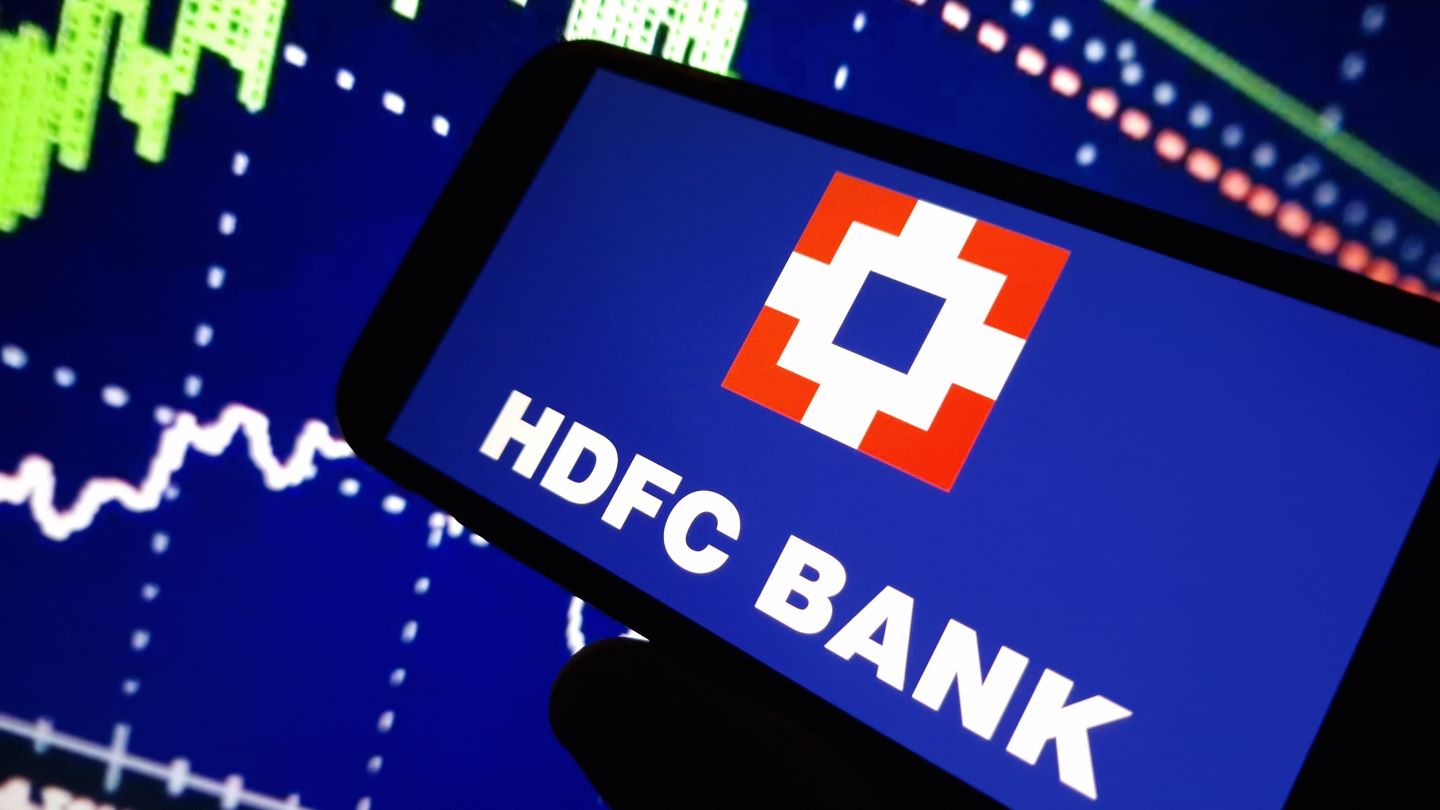
The Dubai Financial Services Authority (DFSA) has issued a decision notice to HDFC Bank’s Dubai International Financial Centre (DIFC) branch, restricting it from onboarding or soliciting new clients.
The notice prohibits the branch from engaging in financial services for new clients, such as providing advise on financial products, arranging credit and deals in investments, and offering custody services.

Access deeper industry intelligence
Experience unmatched clarity with a single platform that combines unique data, AI, and human expertise.
Existing customers and those who were previously offered financial services but not yet onboarded are not affected by these restrictions. The DFSA order will remain in effect until it is changed or revoked in writing.
The regulator raised concerns regarding the branch’s practices in offering financial services to customers who have not been completely onboarded, as well as issues with its onboarding process.
HDFC Bank stated that the DIFC branch’s operations are not significant to its overall business and financial position.
As of 23 September, the DIFC branch had 1,489 customers, including those with joint accounts.

US Tariffs are shifting - will you react or anticipate?
Don’t let policy changes catch you off guard. Stay proactive with real-time data and expert analysis.
By GlobalDataHDFC said: “The bank has already initiated necessary steps to comply with the directives in the above-referred notice and is committed to work with the DFSA in its ongoing investigation and to promptly remediate and address the DFSA concerns at the earliest.”
This development follows a controversy that started two years ago regarding the alleged mis-selling of high-risk Credit Suisse additional tier-1 (AT1) bonds.
Investors have accused the bank of promoting these products through its UAE operations, reported Economic Times.
Regulators are currently investigating whether clients were properly onboarded in the DIFC, a jurisdiction known for its unique financial rules and a stricter framework for “professional clients.”
The AT1 bonds were written down two years ago during Credit Suisse’s collapse, leading to huge losses and margin calls for several wealthy non-resident Indian investors.







